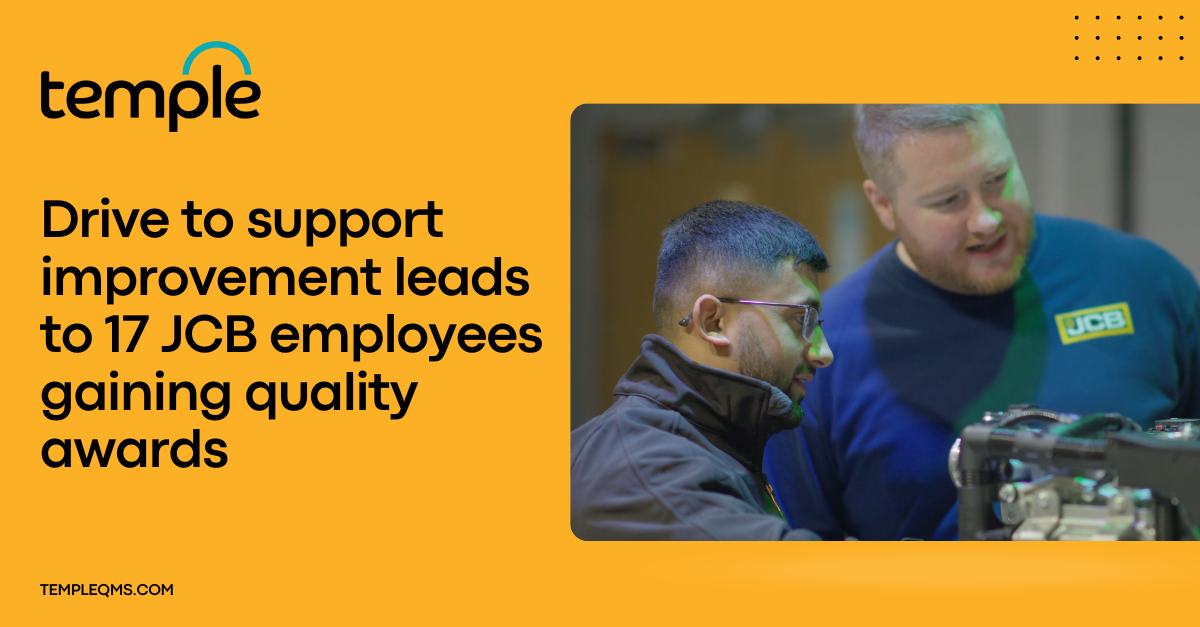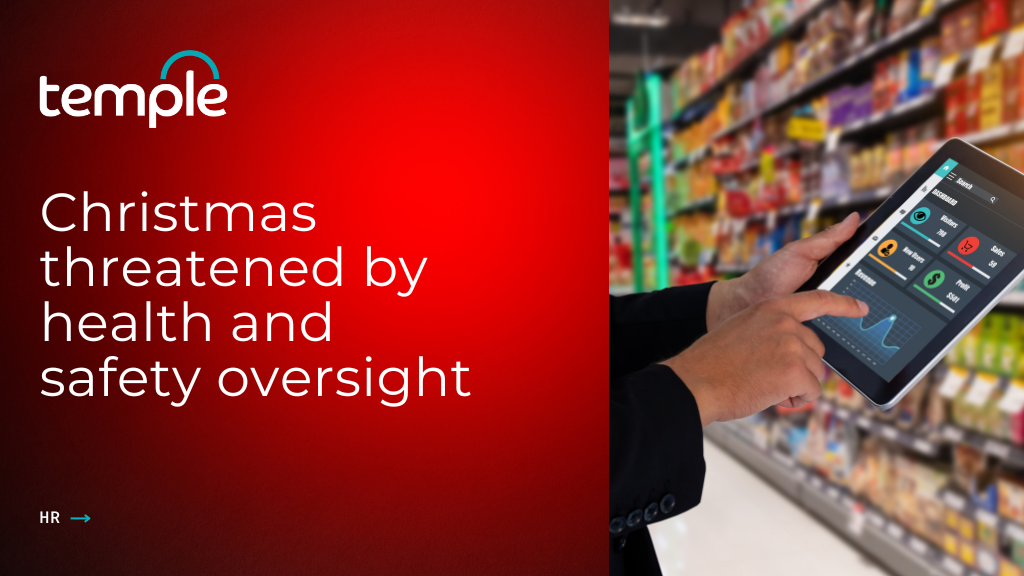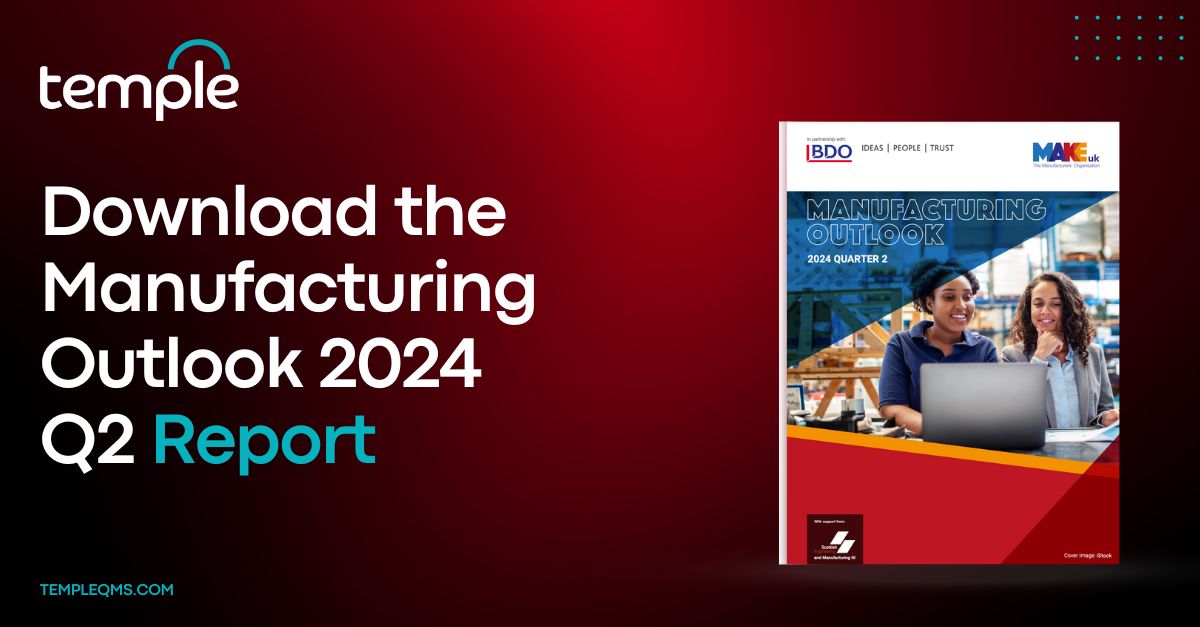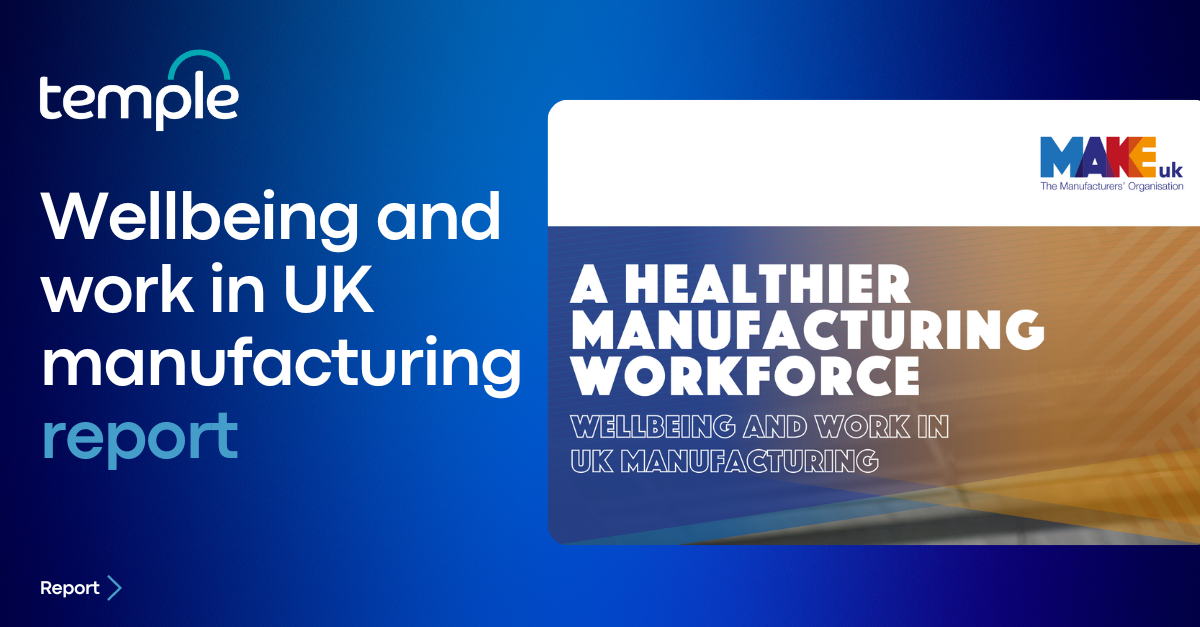78% of job ads in retail fail to mention health and safety, the one thing workers will be worrying about given the sharp increase in shop crime, threatening a Christmas recruitment crisis.
The sector has been plagued with increased shoplifting, organised crime gangs, customer abuse and staff shortages. Official figures show that 365,164 shoplifting offences were recorded by police in England and Wales in the year to June – an increase of 25% on the same period last year.
Yet analysis of job vacancy data by health and safety training experts, RRC International, reveals that only two in ten job ads mention worker health and safety – a major disconnect.
This is a massive oversight by retailers who on the Indeed job site alone, currently have 26,376 vacancies to fill.
Even ads for extremely exposed front-line retail positions such as ‘retail assistants’ mention health and safety just 29% of the time and for jobs in customer service it drops to 24%.
We go to work to serve customers, not be abused
Worse still, when the need for temporary staff is acute, this group of employees is most overlooked in the lead-up to Christmas. The number of temp vacancies referencing ‘staff safety’ falls to just 9%, despite thefts, abuse and staff shortages being likely to peak.
Richard Stockley, Managing Director of RRC, comments:
“Although occupational health and safety training doesn’t cover things like dealing with shoplifting, it makes no sense for organisations which have a good health and safety culture and who provide good occupational health and safety training not to talk about it, loud and proud, in their job ads – especially a time when the stress of working in retail is in the news so much and might be putting off applicants. The retail sector is incredibly dependent on temporary staff in November and December and can’t afford to turn applicants off. Gen Z workers are a major source of that temporary labour. They are entering the workforce in the wake of the pandemic and they understandably value how their wellbeing at work is prioritised by employers. This is also a generation which massively values training. So sectors such as retail, which are trying to recruit from their ranks, as they gear up for the Christmas rush, could gain a lot by promoting their commitment to a worker’s health and safety in their job ads.”
Even before the shoplifting epidemic, retail didn’t have the best reputation among the young as a sector to turn to for temporary Christmas work. According to RRC’s research negative comments on social media about working in retail dramatically increased by 48% last year and as Christmas neared, over half of all retail conversations on TikTok and X (formerly Twitter) featured staff complaining about things like customer abuse, shift patterns and lack of breaks.
RRC suggests that despite such comments, there are plenty of good health and safety practices being followed by many of the UK’s retailers. Retailers just need to make sure this is properly communicated in job ads and that all workers, including temporary ones, receive good, thorough health and safety training when they first join as part of their induction.
Richard Stockley concludes:
“It’s very tempting to not invest time or effort in training temporary staff. After all, they’re a solution to a short-term capacity problem and at such a busy time as Christmas retailers want the minimum fuss. But with a little planning, even the smallest, most hard-pressed retailer can provide good health and safety for their people. That training can be simple and deeply practical – and let’s not forget, it is important to recruit in a number of ways. After all, poorly trained temporary staff place a huge additional pressure on a permanent team. And the last thing retailers need at a time when they’re struggling to fill their vacancies is their existing staff leaving due to avoidable extra pressures.”





